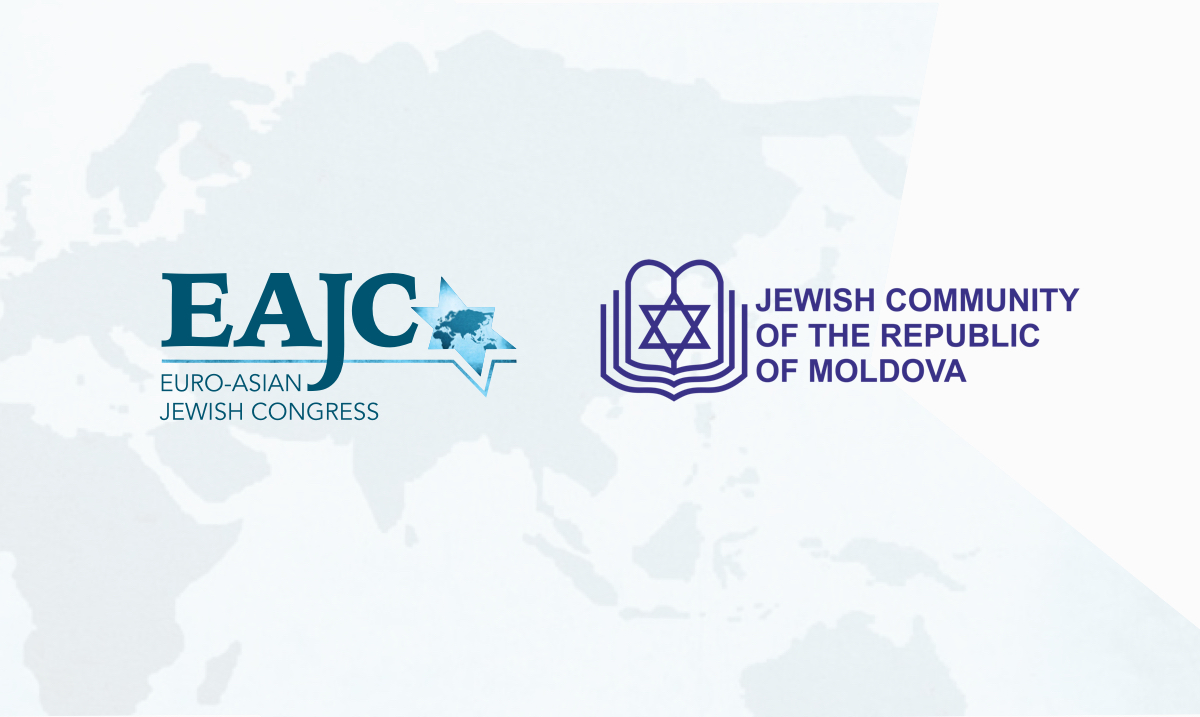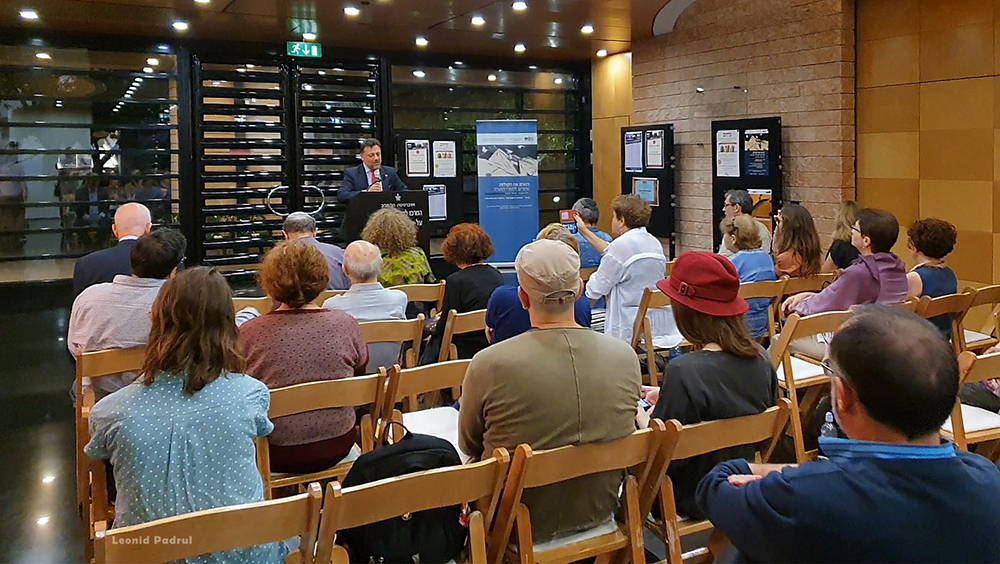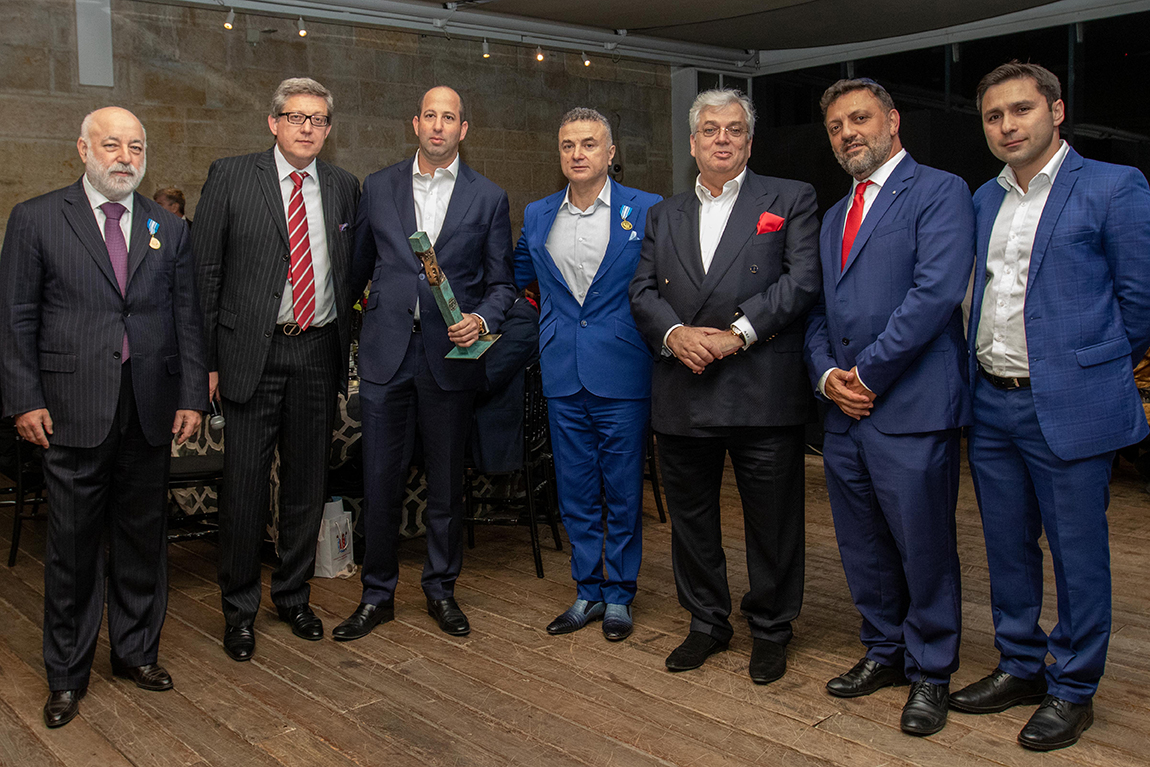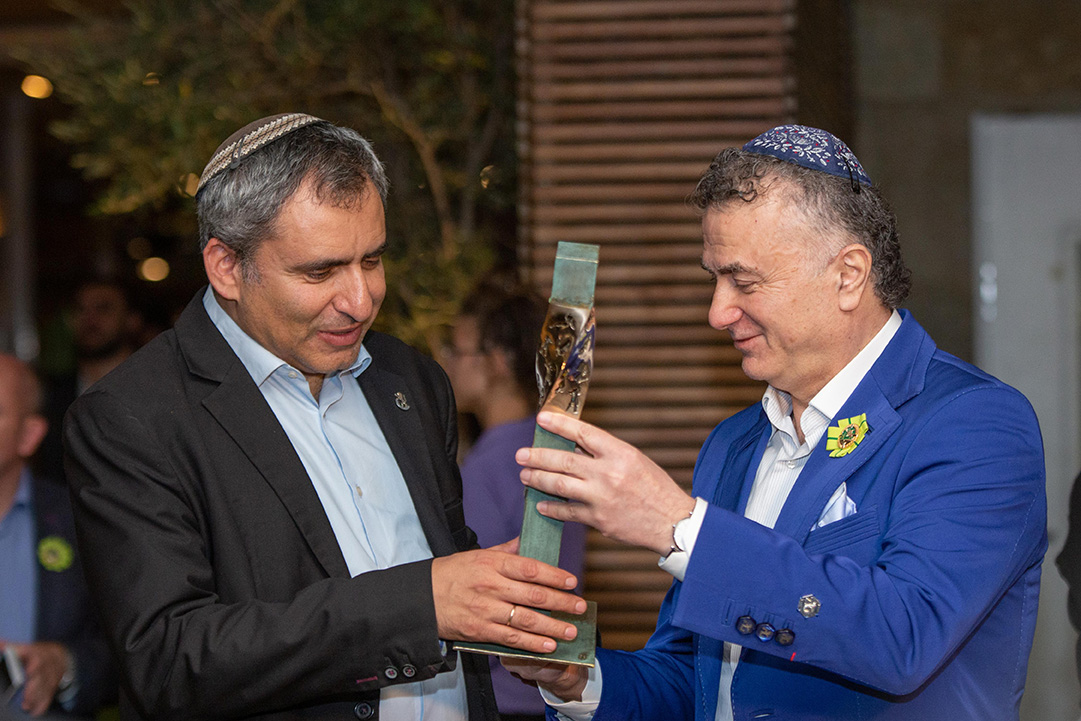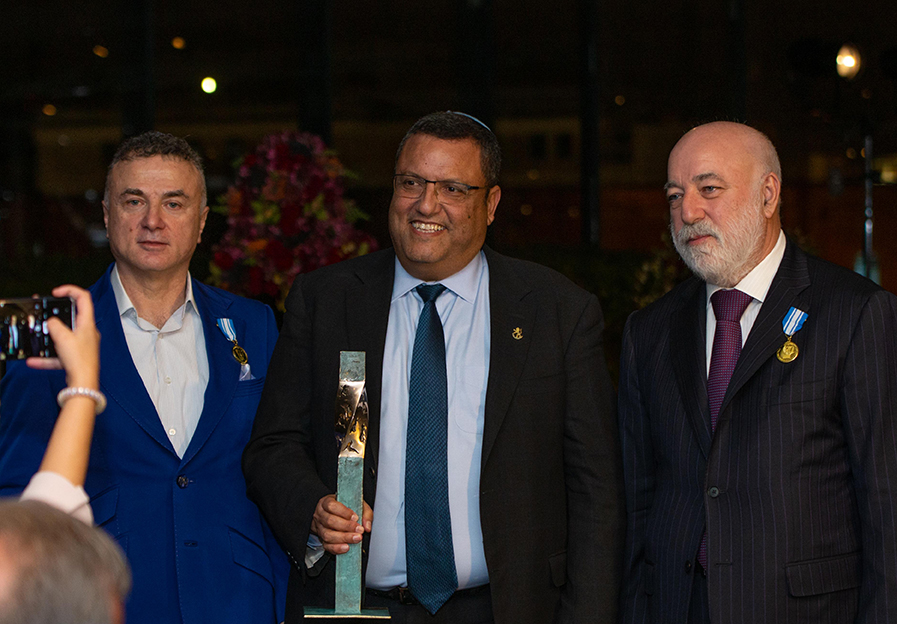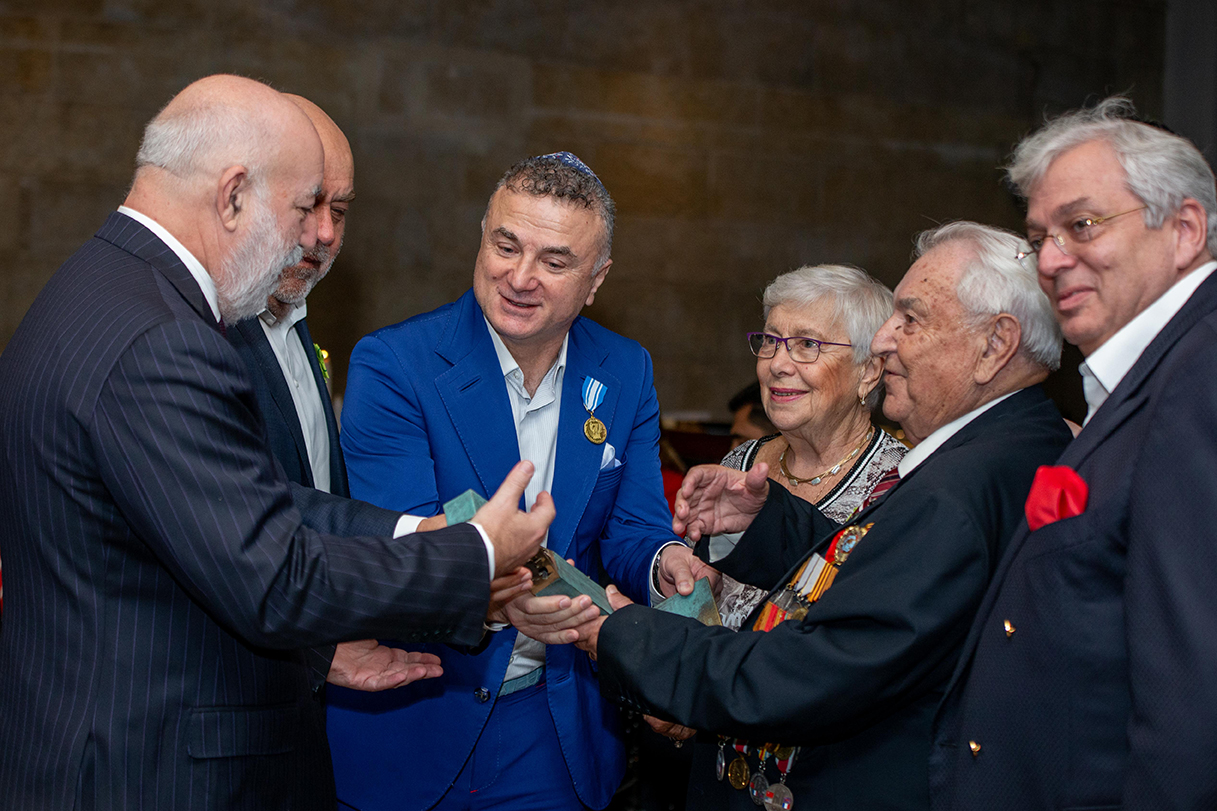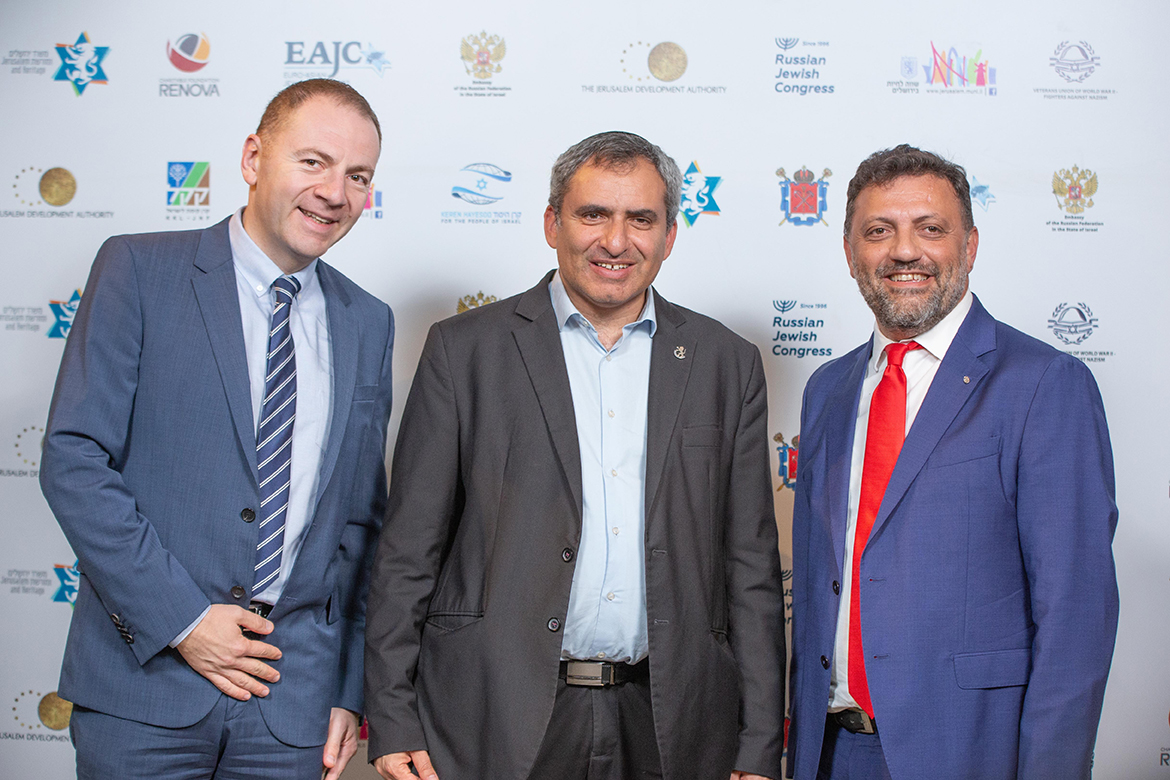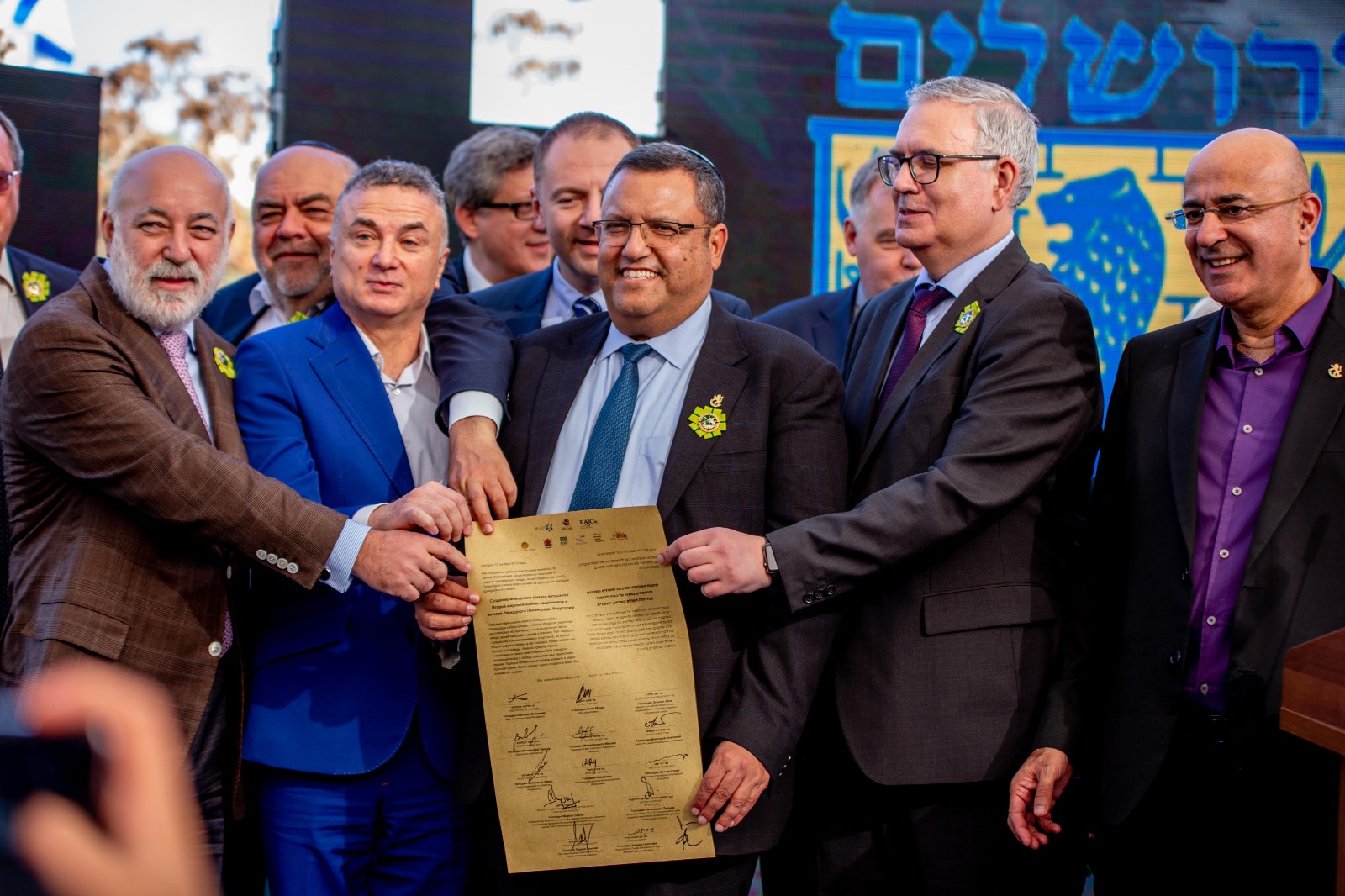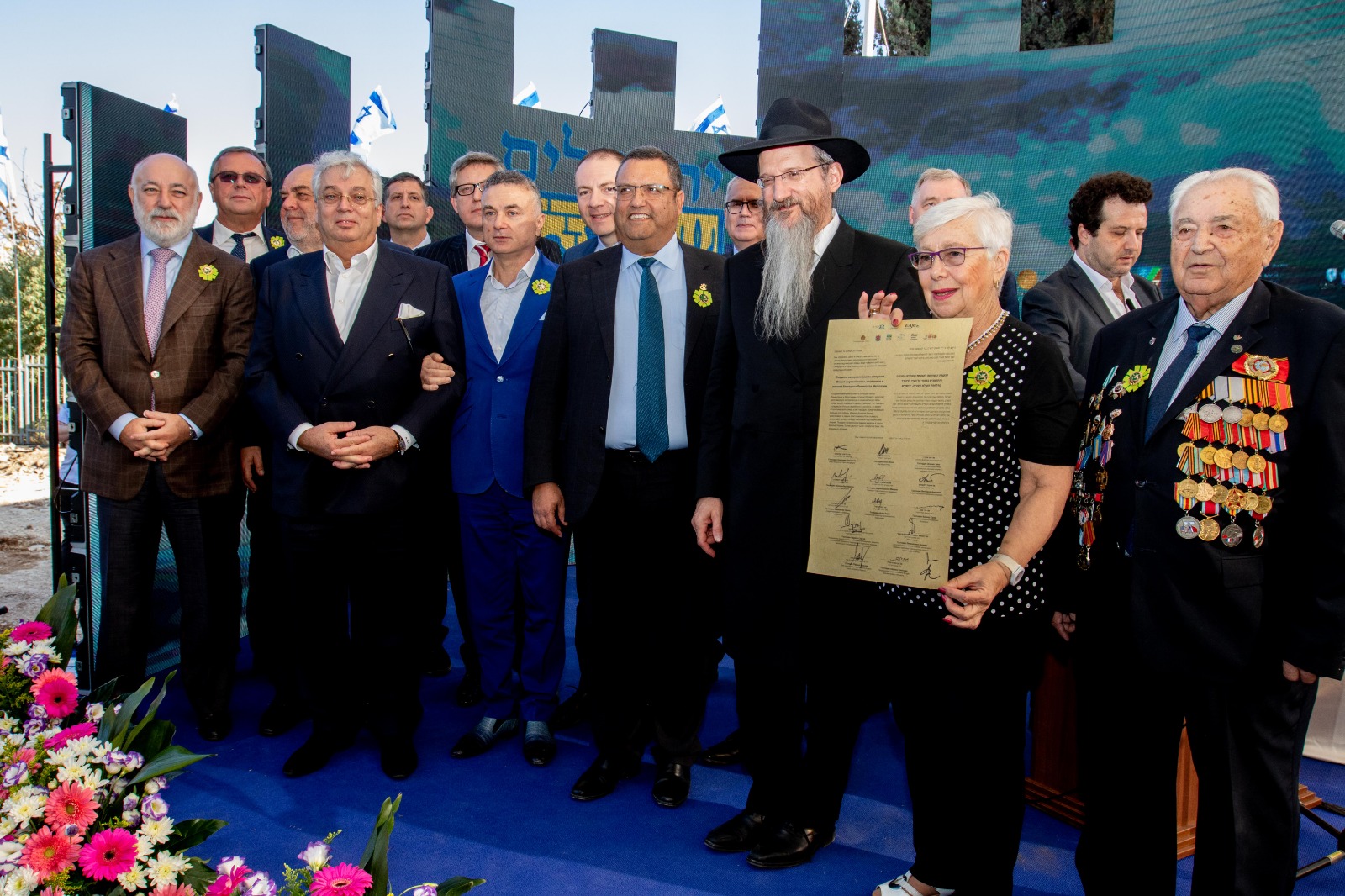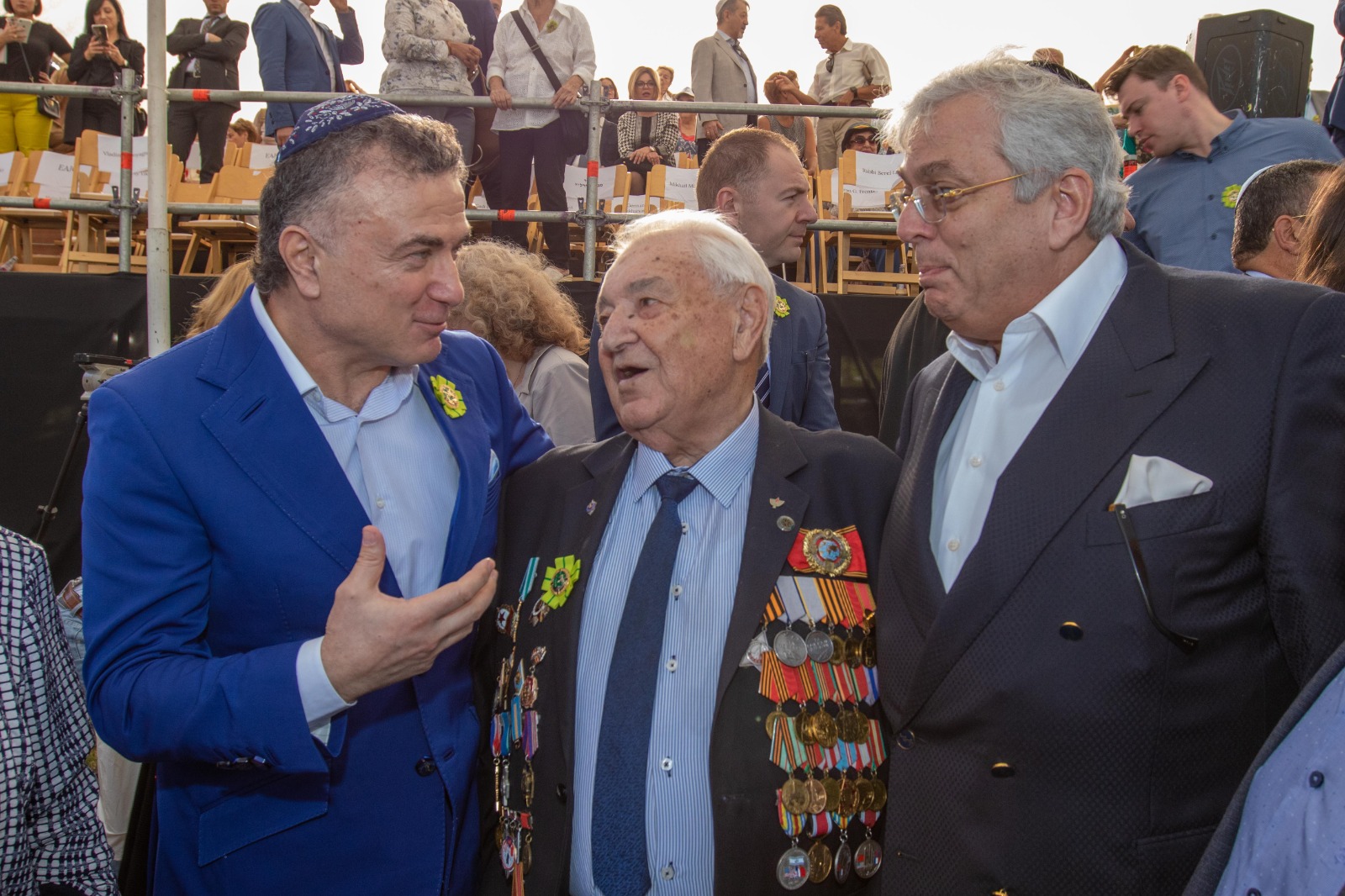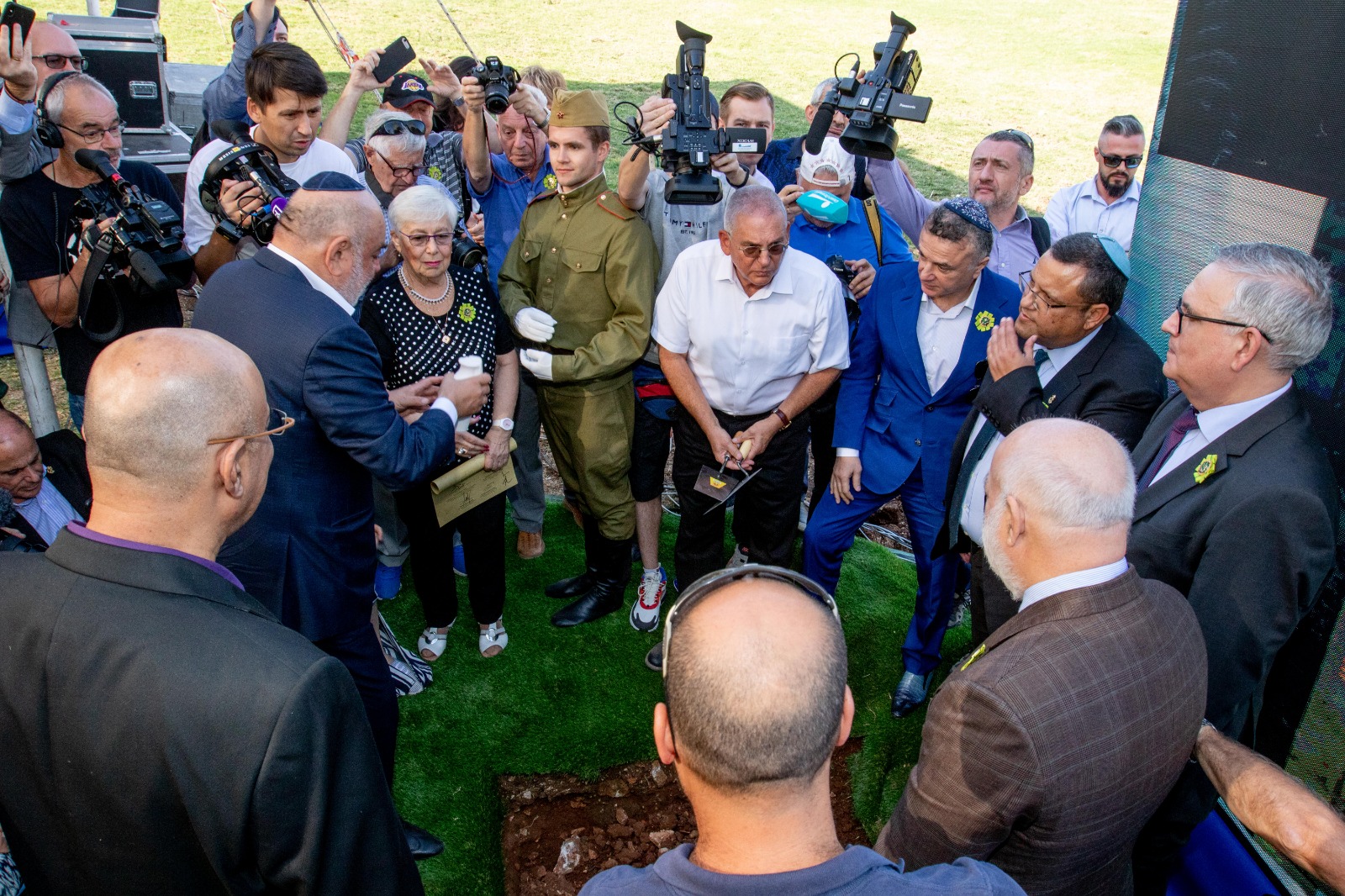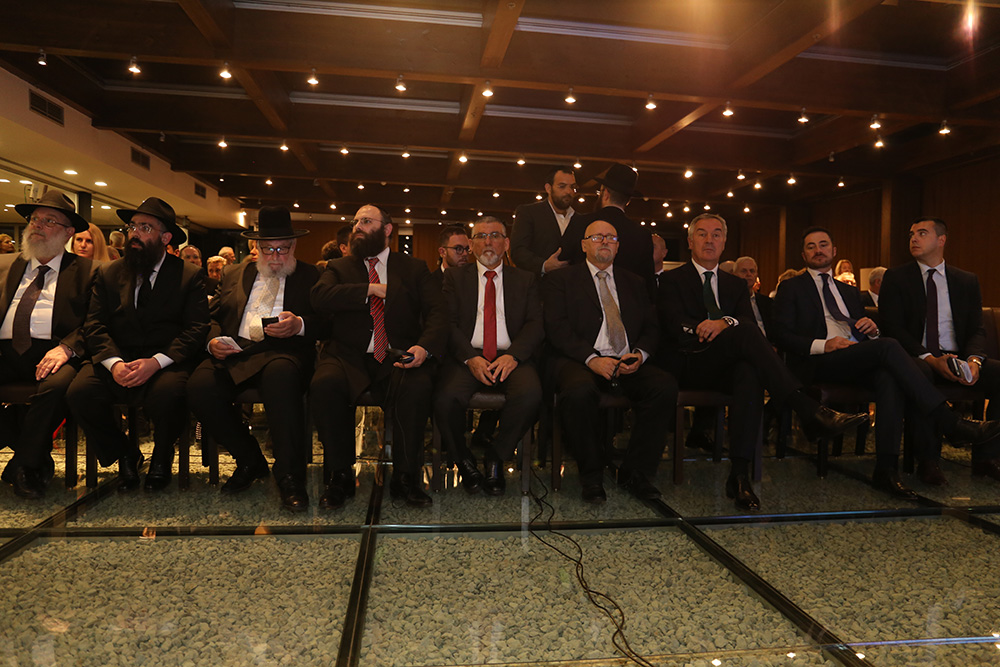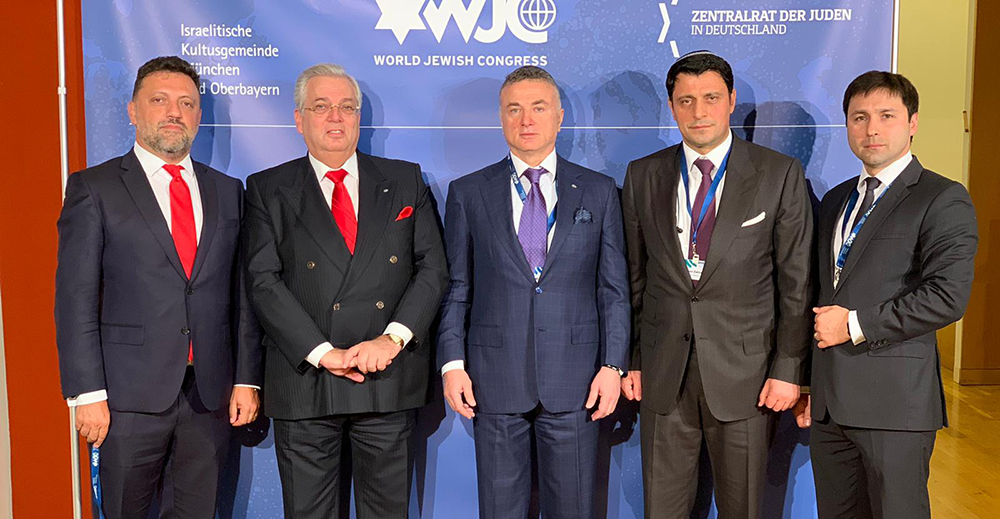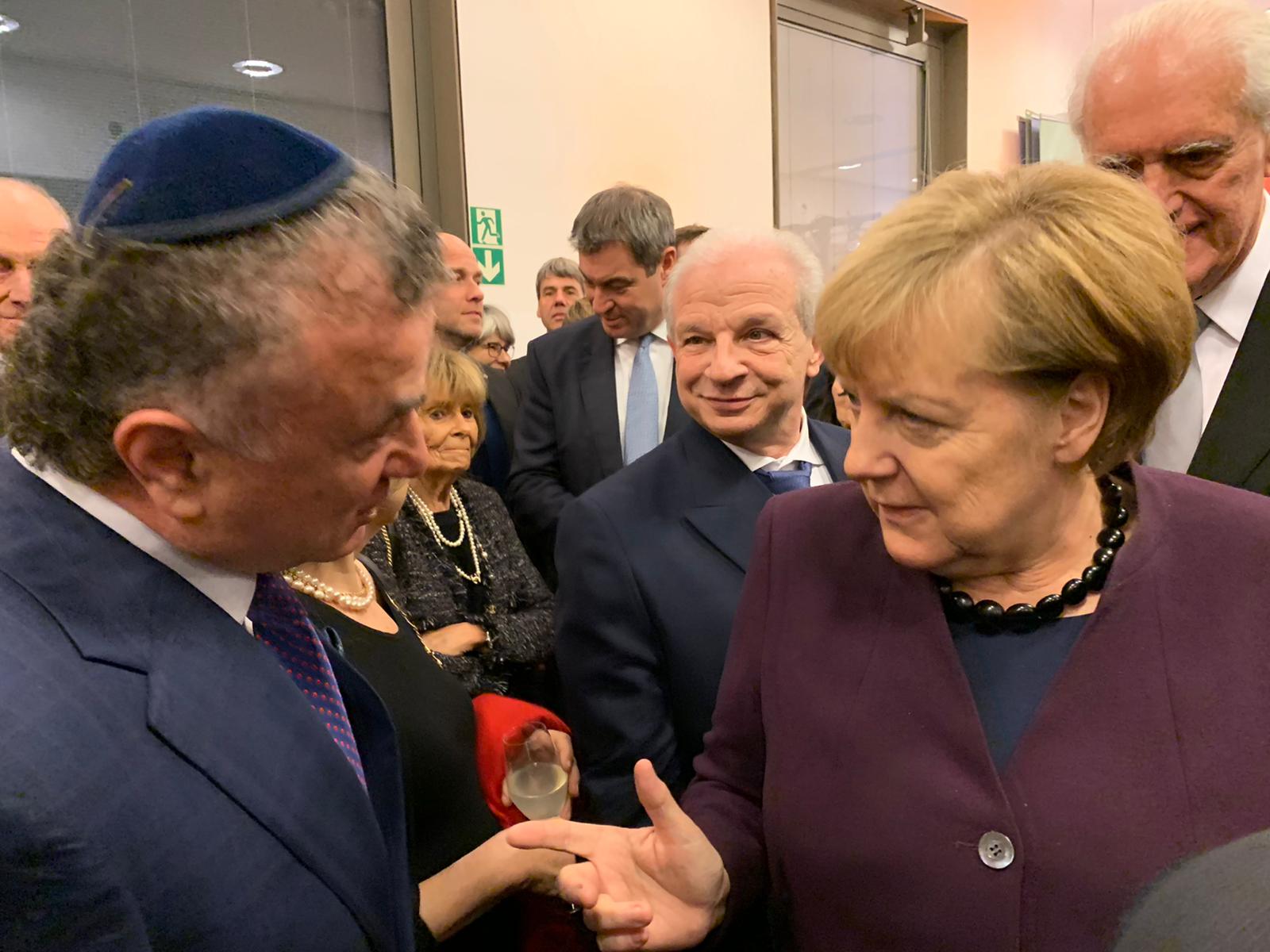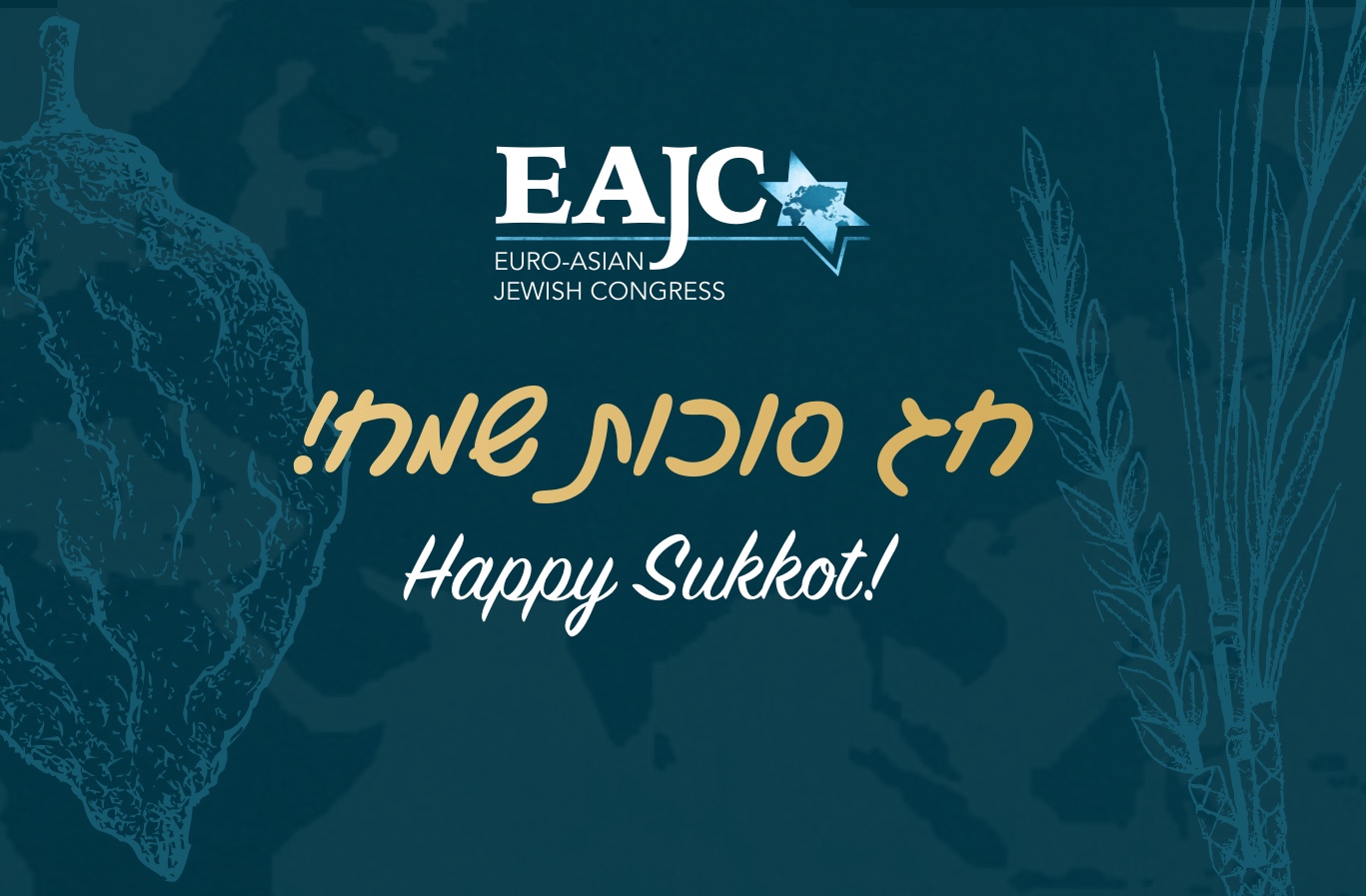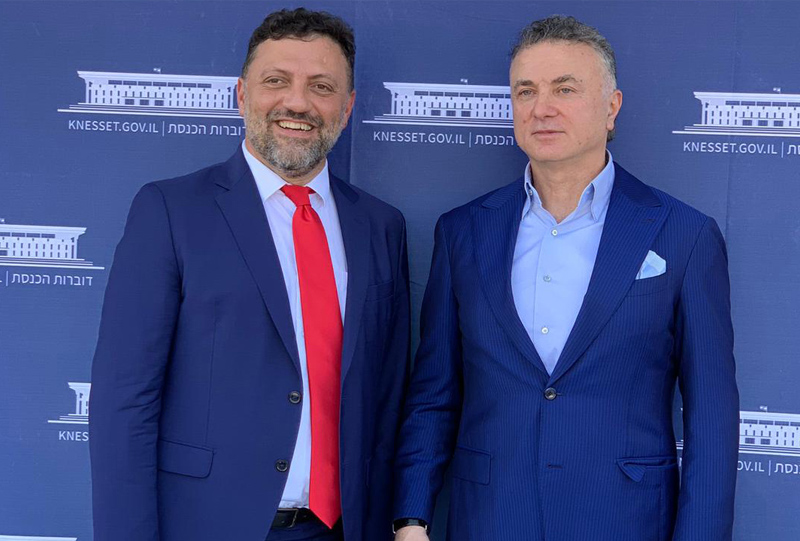30 years ago, the Jewish Community of the Republic of Moldova resumed its activities and eventually united all the Jewish regional organizations and communities of the country.
We sincerely congratulate the Chairman of the community and EAJC Vice-President, Mr. Alexandr Bilinkis, as well as the entire leadership of the community on this wonderful anniversary!
Over the course of three decades, you have achieved tremendous success in reviving Jewish life in the Republic of Moldova. Your fruitful cooperation with the Moldovan authorities and strategic partners is a bright example for other Jewish leaders of the Euro-Asian region.
This year alone, a new synagogue opened in Chisinau, and more than 100 children from all over the country gathered in the summer Jewish camp “Nesharim”. An independent Council for the Prevention and Elimination of Discrimination and Ensuring Equality, which operates in Moldova, aims to track and combat anti-Semitism.
The Euro-Asian Jewish Congress happily and proudly supports the strategic projects and activities identified by community leaders. We are pleased to have a fruitful cooperation with the EAJC Vice-Presidents Alexandr Bilinkis and Emmanuil Grinshnpun, who represent the community in Congress and make a significant contribution to the activity of the EAJC.
The Euro-Asian Jewish Congress intends to continue and strengthen our cooperation for the benefit of the Jewish people and for the sake of preserving the unique Jewish community, which has long been living in Moldova.
